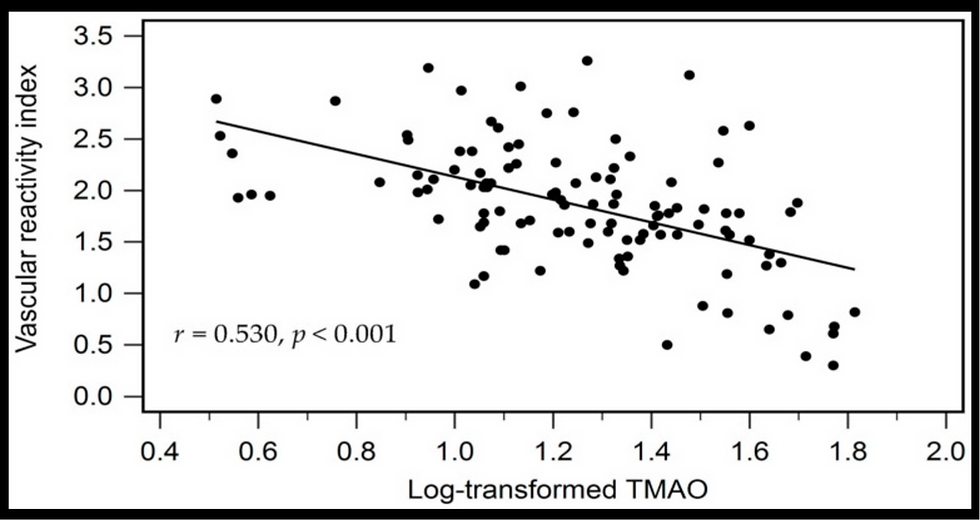Effects of Oral Magnesium Supplementation on Vascular Function: A Systematic Review and Meta-analysi
- heartlung
- Jan 16, 2023
- 2 min read
A Systematic Review and Meta-analysis of Randomized Controlled Trials.

High Blood Press Cardiovasc Prev. 2019 Dec 16. Effects of Oral Magnesium Supplementation on Vascular Function: A Systematic Review and Meta-analysis of Randomized Controlled Trials. Marques BCAA1,2, Klein MRST3, da Cunha MR1, de Souza Mattos S1, de Paula Nogueira L1, de Paula T1, Corrêa FM4, Oigman W1, Neves MF5. Author information 1 Department of Clinical Medicine, State University of Rio de Janeiro (UERJ), Rio de Janeiro, Brazil. 2 Department of Nutrition and Dietetics, National Cancer Institute (INCA), Rio de Janeiro, Brazil. 3 Department of Applied Nutrition, Nutrition Institute, State University of Rio de Janeiro (UERJ), Rio de Janeiro, Brazil. 4 Early Detection Division, National Cancer Institute (INCA), Rio de Janeiro, Brazil. 5 Department of Clinical Medicine, State University of Rio de Janeiro (UERJ), Rio de Janeiro, Brazil. mariofneves@gmail.com. Abstract INTRODUCTION: The effects of magnesium (Mg) supplementation on vascular function have been evaluated in some randomized controlled trials (RCT) but their results are conflicting. AIM: A systematic review and meta-analysis were conducted to summarize the effects of oral Mg supplementation on vascular function in RCT. METHODS: The databases MEDLINE (PubMed), Embase, Web of Science and Cochrane Library were accessed from inception to May 27, 2019. Intergroup differences (treatment vs. control group) related to changes in flow-mediated dilation (FMD) and pulse wave velocity (PWV), expressed as mean and standard deviation, were used to evaluate the effect of Mg supplementation on these outcomes. The results of the meta-analysis were expressed using a random-effects model. The heterogeneity between studies was evaluated using the I2 statistic. RESULTS: The oral supplementation of Mg had no significant effect on FMD (mean difference 2.13; 95% CI – 0.56, 4.82; p = 0.12) and PWV (mean difference – 0.54, 95% CI – 1.45, 0.36, p = 0.24). Heterogeneity for both outcomes (FMD and PWV) was high (I2 = 99%, p < 0.001). However, in subgroup analyses, oral Mg significantly improved FMD in studies longer than 6 months, in unhealthy subjects, in individuals older than 50 years, or in those with body mass index (BMI) ≥ 25 kg/m2. The reduced number of RCT and the heterogeneity among them were the main limitations. CONCLUSIONS: This meta-analysis suggest that oral Mg supplementation may improve endothelial function when conducted at least for 6 months and in unhealthy, overweight or older individuals. Registration number: PROSPERO CRD42019111462. KEYWORDS: Arterial stiffness; Endothelial function; Magnesium; Meta-analysis; Systematic review; Vascular function

![Lipoprotein(a) levels predict endothelial dysfunction in maintenance hemodialysis patients: evidence from [VENDYS] vascular reactivity index assessment](https://static.wixstatic.com/media/dac531_5285607cc591409a9d83746f042af7c6~mv2.png/v1/fill/w_980,h_980,al_c,q_90,usm_0.66_1.00_0.01,enc_avif,quality_auto/dac531_5285607cc591409a9d83746f042af7c6~mv2.png)


Comments